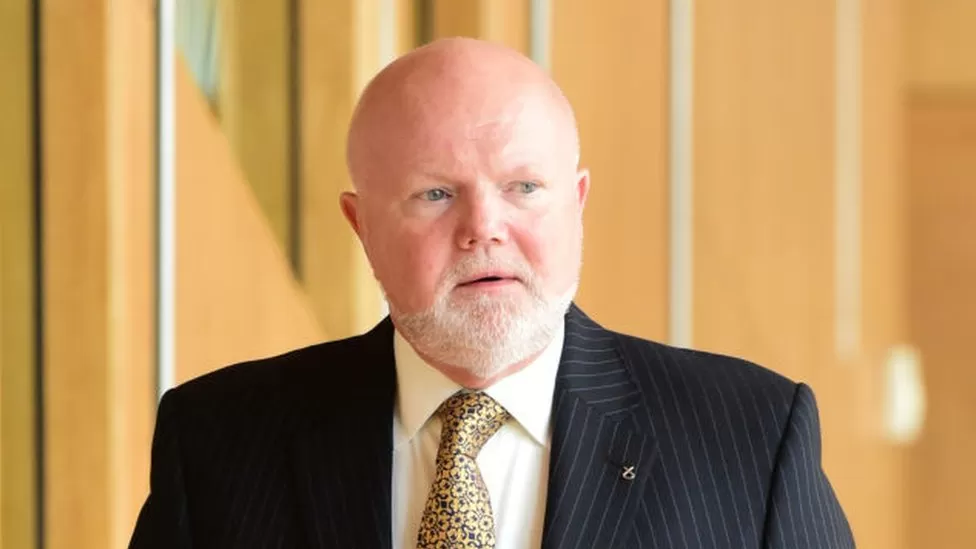Andre Cronje took to Medium to outline plans for Fantom’s development in the next quarters.
As the next step in a successful career at Yearn.finance and other ecosystems, Andre Cronje has stepped up as a board member of both Fantom Operations Ltd and Fantom Foundation Ltd.
Bear Markets Are Not An Issue
The move was announced on Cronje’s personal medium blog, along with an update on what’s in store for the Fantom network.
For starters, the newly instated board member stressed that Fantom is unaffected by the issues that have been plaguing the crypto market for the past year. In fact, fantom was founded during similar circumstances and, according to Cronje, knows how to weather the storm.
“Bull markets are when we are rewarded for the work we put in during the bear market. Those that hunker down keep building, keep growing, keep improving – they are the ones that reap the rewards of the bull. We were born in a bear market. This is a time we are used to, and a time we are well suited for.”
Cronje also states that the team at Fantom focuses on creating tools for developers and do not plan to get distracted by gamefi, collapsing exchanges, NFTs, and the like. Instead, the Fantom team will continue doing its best to provide crypto devs with all the tools they need to see their own visions to completion.
Gas, Virtual Machines, And More
Over the course of the next few quarters, Fantom will focus on quality-of-life updates targeting gas fees.
Among the planned updates is gas monetization, which will allow revenue share for dapps based on gas used. This feature aims to mirror the way content creators are paid on platforms like Twitch while rewarding sustainable blockchain development. Fantom is also working on gas subsidies, which would allow dapps to interact with wallets without the wallet needing to pay for gas fees, if the developer chooses to allow this.
Fantom has also proposed a new funding scheme for dapp developers, which will target dapp devs that are already self-sufficient but could use a boost nonetheless.
Work on the Fantom Virtual Machine will also continue chugging along. At the moment, EVMs are considered one of the primary bottlenecks for the Fantom ecosystem – a problem the team wants to remedy as soon as possible.
The blog post ends with a promise of further updates around the end of Q1, primarily targeting updates to Fantoms’ marketing and business development departments.
Reports /TrainViral/

























